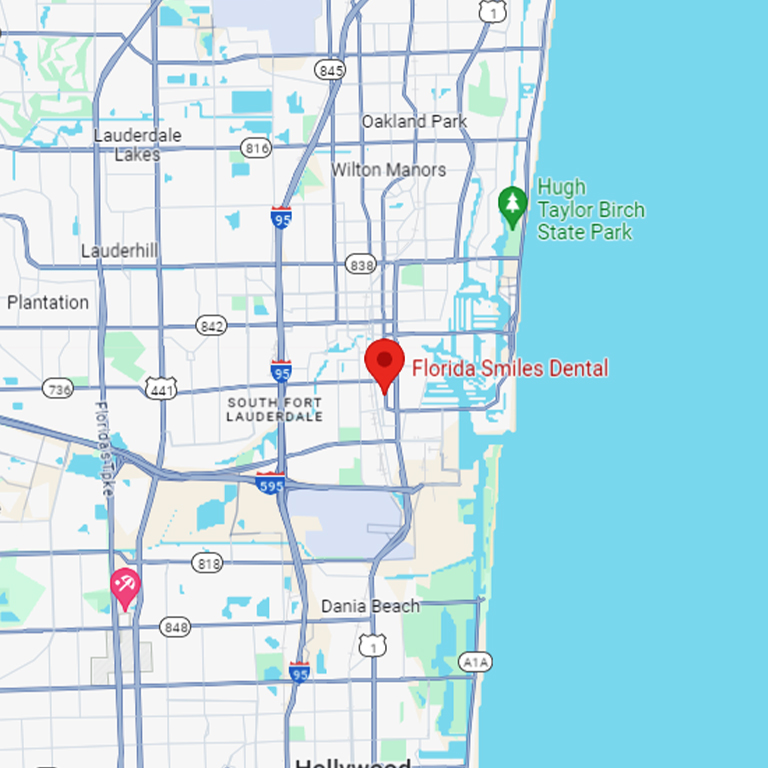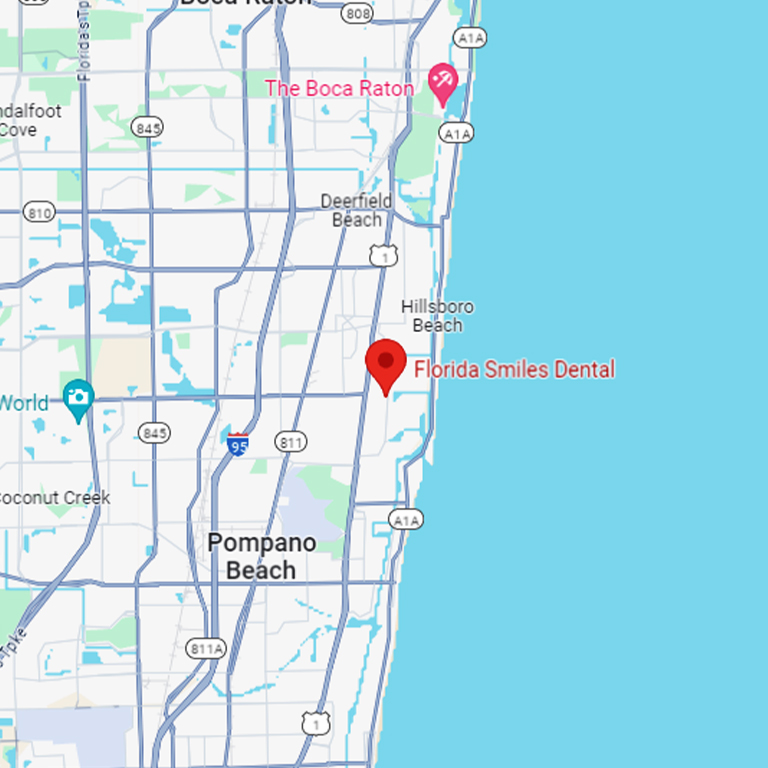How to Avoid Jawbone Loss
When you think about your oral health, you might focus on the most visible parts, like your gums and teeth. What you might forget is that your jawbone supports your oral health, otherwise known as the very foundation of your facial structure (not to mention your ability to eat and speak). Here, we’ll look at how to keep your jaw healthy, so you can keep using it for many years to come.
Tips to Avoid Jawbone Loss
Here are some quick tips to avoid jawbone loss in Lighthouse Point, FL:
- Strong routines: Consistent brushing, flossing, and dentist visits are a strong start to preventing loss. These activities don’t just remove the bacteria and plaque that eventually start to eat away at all of your tissues (including gums and jaw), it’s also the best way to catch any deterioration well before it starts to interfere with your lifestyle.
- Healthy Diets: Calcium and Vitamin D are both great for bone health (also, your general health). Eating more dark greens, like kale and chard, or adding a few calcium supplements can help you keep all of your bones strong enough to handle the wear and tear of time. (Just keep in mind that some foods, mainly the saltiest ones, may limit your body’s ability to absorb calcium.)
Talk to Your Dentist in Lighthouse Point, FL
These general points are great to get started but, ideally, you’ll work with a qualified dentist in Lighthouse Point, FL every six months to better understand how your mouth changes over time. At Florida Smiles Dental, we invest in cutting-edge technology that can catch problems like jawbone loss before they start becoming more costly procedures. When bone loss can result in anything from tooth extraction to a sagging face, we’re here to help you keep it at bay.















